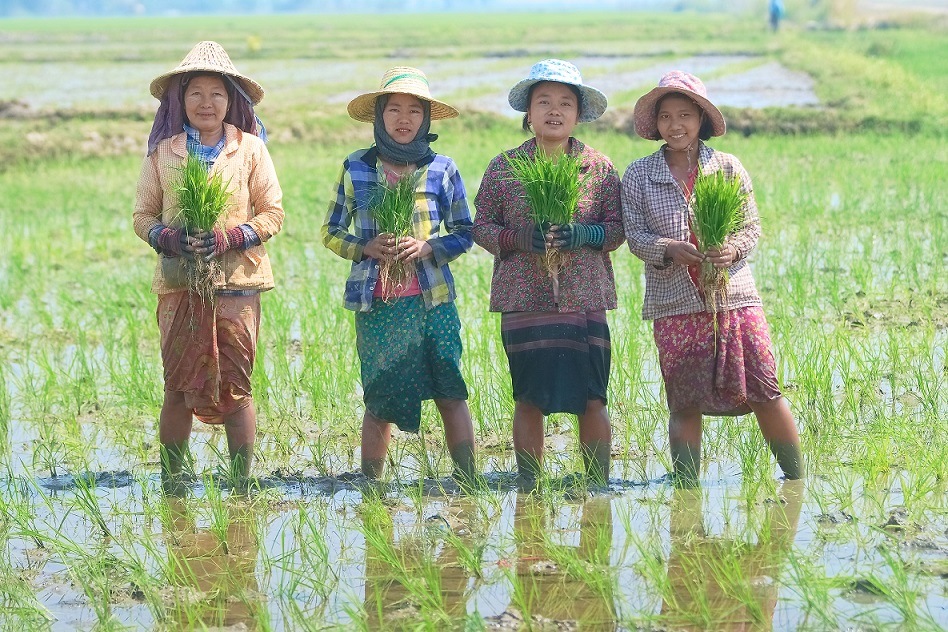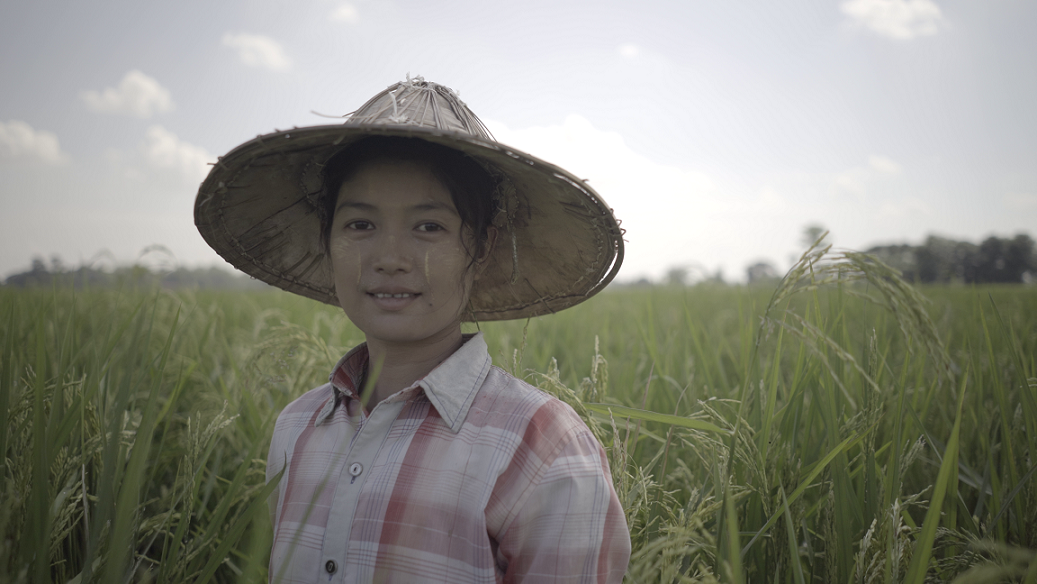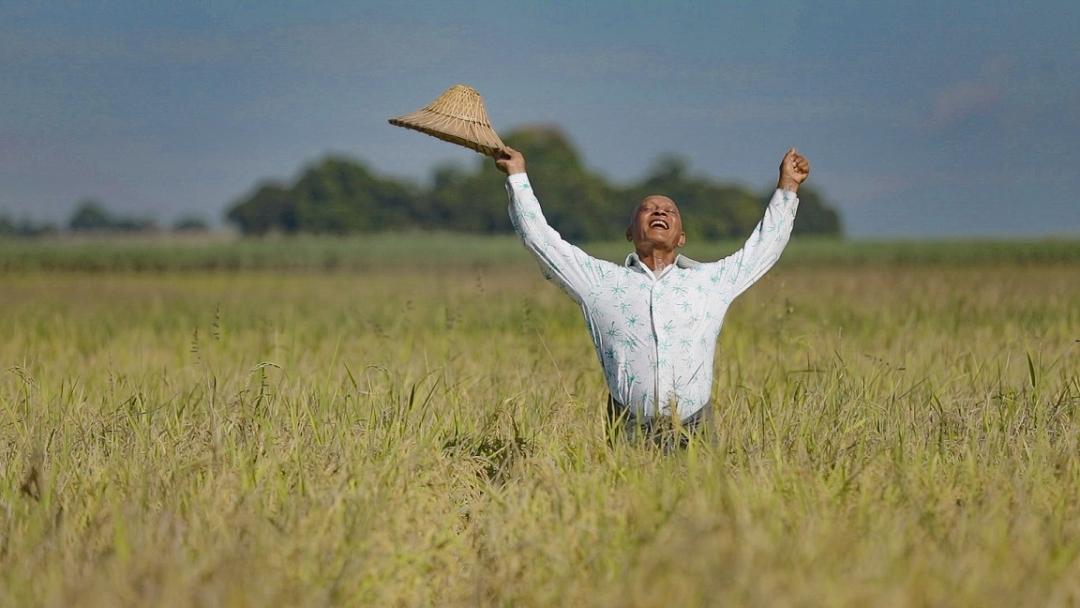Technologies For Smallholder Farmers - A Balancing Act
After being homebound in Singapore for two years because of the pandemic and instability in Myanmar, my direct interactions with the smallholder farmers was reduced to zero. In an ultra-urban setting of a developed country, I find it peculiar that people are interested in the experience we had with the rural population. I was surprised to learn that the community in Singapore was sometimes unaware of the challenges smallholder farmers in developing countries face. For a company that prides itself on being inclusive, I realized, we were not as inclusive as we thought we were. We have excluded the supposedly more developed population from the work we do, yet the knowledge gap is very real. People are becoming more curious about where their food comes from and the people who produce these staples. During the pandemic, we co-founded a new company, AgriG8 (pronounced ‘Aggregate’) to speed up digital integration into the rice industry. Personally, it provided a different avenue for me to contribute to the rice sector.
Commercially, AgriG8 is an Agri-FinTech company with the objective of making it attractive for lenders to invest in sustainable agriculture (practiced by the smallholder farmers). From a developmental point of view, our commercial agenda solves the problem of slow uptake of sustainable practices among the rice farmers, by improving access to affordable finance. The hypothesis: Farmers practicing sustainable methodology are more resilient and therefore, more virtuous borrowers. Another agenda is to reduce reliance on donors and gradually transition to a market mechanism where the private sector can play an active and commercially feasible role in sustainable agriculture.

We use a multi data approach where collected data overlaps with remote sensing intels and other derivatives data to give a more complete picture of field activities. Such data includes remote sensing data from satellites, drones, on the ground Internet Of Things (IOT) devices, farmers self-input data and community based data. While most data such as vegetation and weather indices are from the public domain and easily obtainable, farmers' self-input data requires a more intuitive interface for engagement. It is still a ‘mobile first’ approach that may sometimes face challenges such as network coverage, smartphone penetration rate and digital literacy. Compared to years ago when Golden Sunland did its first pilot, the cost of remote sensing has dropped significantly, making it possible to implement at scale. The resolution has increased as well; from private satellites, we can get granular information more frequently. But do we really need such precision? Technology advancement is necessary, but there is absolutely no need to have the latest solution all the time. Many times, the next big thing may not be better than the last best thing. What we seek is a fine balance between the right amount of affordable data at adequate quality and realistic, actionable items on the ground. AgriG8 advocates for technology adoption alongside culture transition. An exaggerated example of poor technology integration is the introduction of an expensive auto-pilot tractor to the farmers while they are still transitioning out of use of buffalo.
At least for the foreseeable next five years, I personally don’t see the replacement of farmers' self-recorded data if we want a holistic view of sustainability. ‘Holistic’ refers to the inclusion of items such as gender equality, health and safety, just two examples of data that cannot be captured by any known remote sensors or IOT device known to the agriculture industry now. It is no secret in the industry that it is extremely difficult to collect quality data from farmers consistently. The challenges include the lack of incentive for farmers to provide these data, no trust towards the people collecting data and the precariousness of the use of data.

At this point, the word ‘data’ has appeared 17 times, underlying its importance. The most common question we get asked is “How do you ensure the accuracy of the data you collect?” This is typically followed by explorations of how and what technologies may improve the trustworthiness of the data collected. Our answer is always a shocker. You can’t ensure the accuracy of farmer collected data… at least not through technology alone. Most importantly, that is the wrong tree to bark up in our opinion. Quality data will come when the benefits of quality data are apparent to the farmers. Farmers or the urban population, there is really no difference in behavior. We place effort in activities that bring value to us, be it entertainment or something clearly tangible. This is AgriG8’s approach towards innovation, much akin to Nokia’s slogan ‘Connecting People’ and its more apt Mandarin translation of “basing technology on humans” (科技以人為本).
